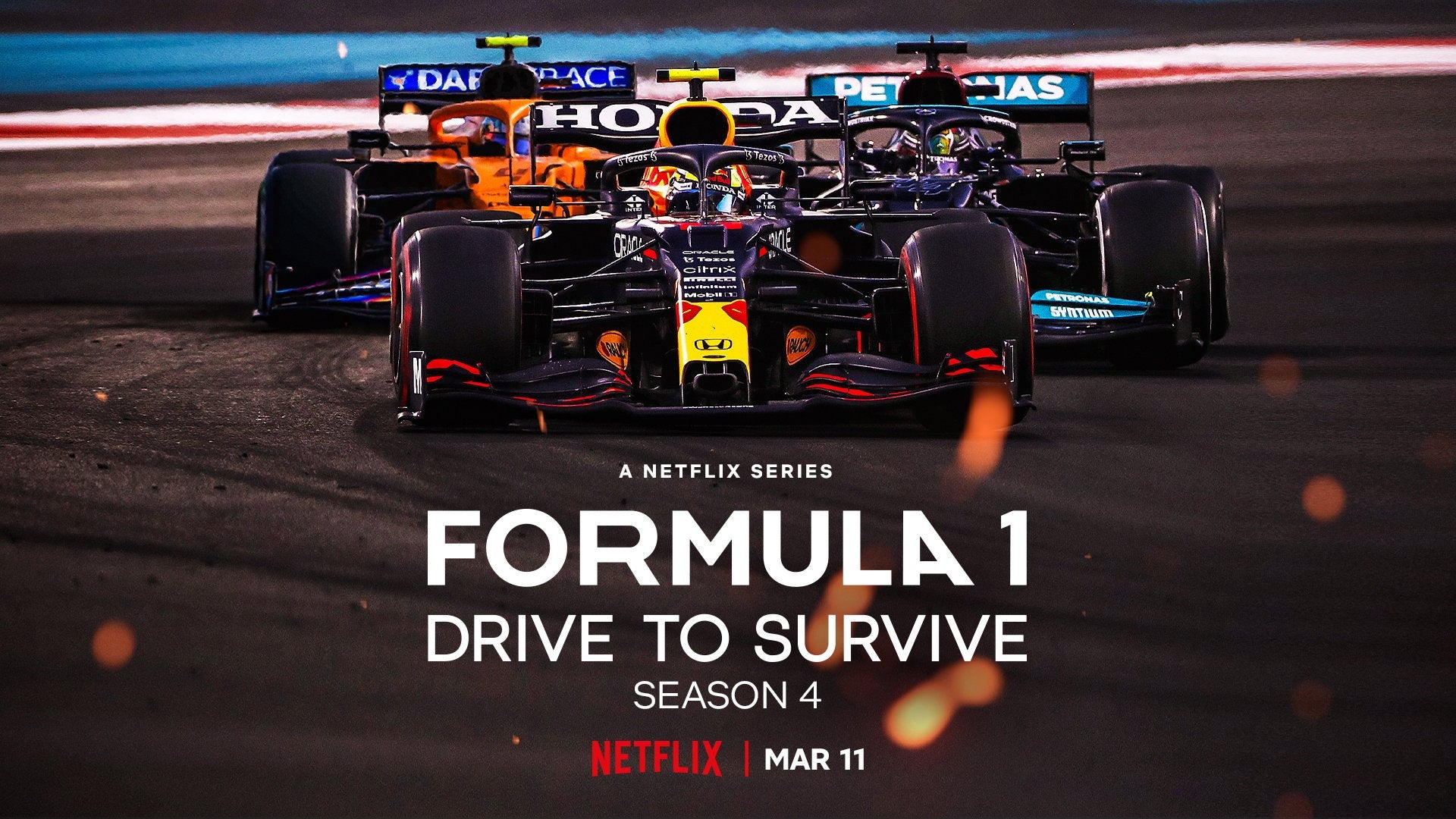In recent years, the worlds of sport and cinema have collided in extraordinary fashion. Once confined largely to match highlights or dramatized biopics, sport is now enjoying a renaissance on screen—reimagined through powerful documentaries and feature films that pull fans far beyond the scoreboard. This shift is redefining how we engage with athletes, teams, and the emotional arc of competition itself.
The explosion began with a handful of standout successes. Netflix’s The Last Dance (2020), chronicling Michael Jordan’s final season with the Chicago Bulls, wasn’t just a sports documentary—it was a cultural phenomenon. Its success set a new bar, proving that stories of struggle, legacy, and personality behind the scenes could captivate even non-sports fans. Since then, the genre has blossomed across platforms.
In 2023, Full Swing (golf) and Break Point (tennis) gave viewers an unprecedented look into the high-pressure lives of elite athletes—focusing on their mental game as much as their physical prowess. These series didn’t just document tournaments; they humanized the players, exposed vulnerabilities, and showed the cost of excellence. The appetite for such content has proven strong, and producers have responded accordingly.
Streaming platforms are leading the charge. Amazon Prime’s All or Nothing franchise, Netflix’s Formula 1: Drive to Survive, and Apple TV’s recent explorations into team dynamics show a clear trend: fans want more than highlights—they want access. Documentaries today are immersive, cinematic, and emotionally rich, offering storytelling that’s often more compelling than the live events themselves.
At the same time, fictional sport-based films are enjoying a revival. From King Richard to Creed, Hollywood has embraced the athlete as hero, tapping into sports’ universal themes: perseverance, redemption, rivalry, and triumph. These films often mirror real-world issues—race, gender, identity—allowing sport to be a lens through which broader cultural conversations unfold.
Social media and athlete openness have also played a role. Today’s stars are more willing to let cameras into their training, their homes, and their hearts. They understand that narrative builds connection. For fans, it’s no longer just about who wins—it’s about why they play, how they cope, and what it takes to stay at the top.
Ultimately, the rise of sport in documentaries and movies signals a deeper cultural shift. Audiences are hungry for real stories, emotional truth, and the kind of drama that only sport can deliver. As technology advances and storytelling evolves, the line between athlete and actor, between game and narrative, will only blur further—bringing us closer than ever to the people behind the jerseys.





Athletics’ new Las Vegas ballpark costs now above ‘US$2bn’
Most sports fans see value in AI-powered content and experiences